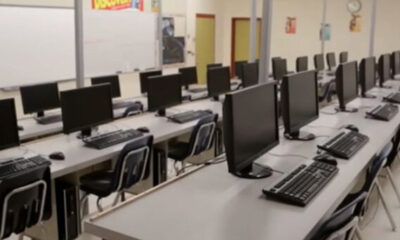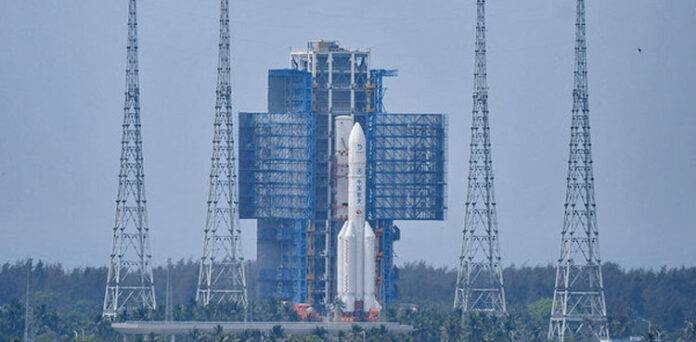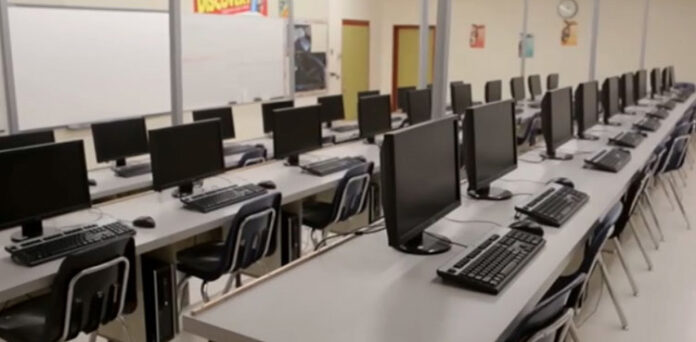Tech
Chinese children, teenagers to have smartphone usage restricted

Latest News
Moon train operations are planned by NASA.
Business
Pakistan’s lunar mission ‘ICUBE-Q’ reaches the moon orbit.
Education
The establishment of IT labs in Islamabad’s educational establishments
-

 Business23 hours ago
Business23 hours agoThe International Monetary Fund (IMF) and Pakistan have initiated discussions at the policy level.
-

 Latest News23 hours ago
Latest News23 hours agoAbbasi says that Pakistan’s functioning will not be efficient without implementing improvements in the system.
-

 Latest News23 hours ago
Latest News23 hours agoThe bail petition of Parvez Elahi in the Jinnah House attack case has been rejected by the ATC.
-

 Latest News24 hours ago
Latest News24 hours agoAitchison College appoints a new principal.
-

 Latest News23 hours ago
Latest News23 hours agoAdditional Pakistani students evacuated from Bishkek, which has been affected by unrest.
-

 Latest News23 hours ago
Latest News23 hours agoPakistan and Turkey have reached an agreement to enhance their bilateral commerce to a total of $5 billion.
-

 Latest News23 hours ago
Latest News23 hours agoStatement from the chief meteorologist regarding the Karachi heatwave:
-

 Latest News23 hours ago
Latest News23 hours agoThe matriculation exams in Karachi have been rescheduled.























